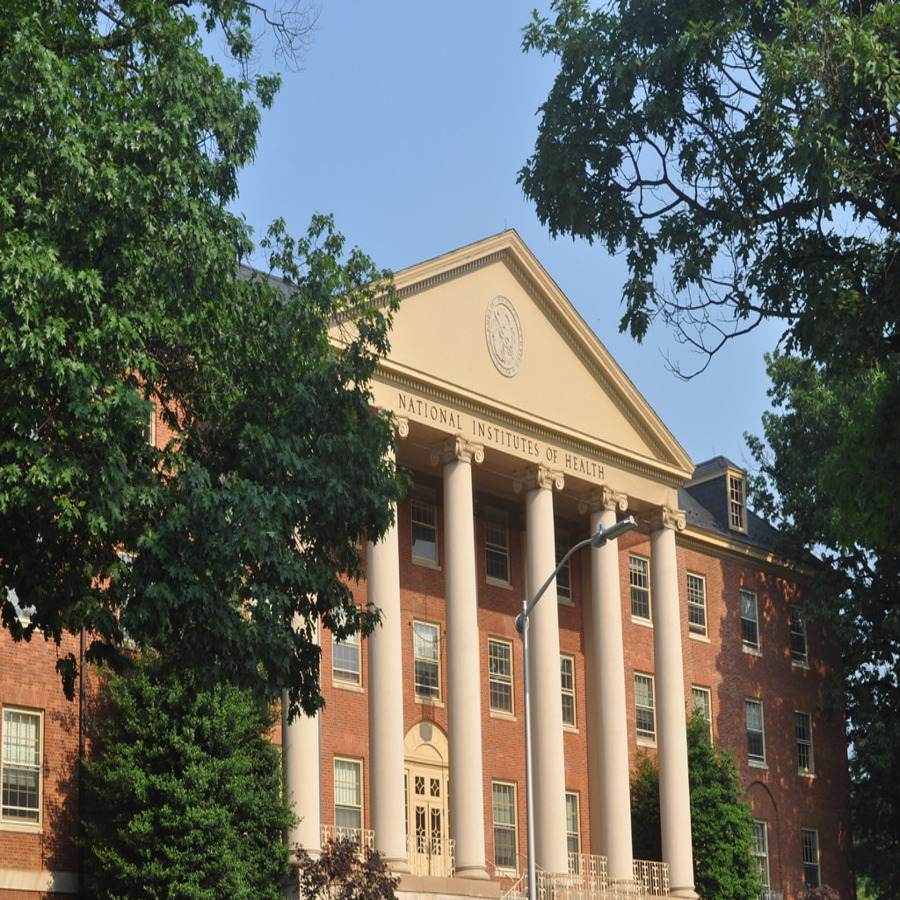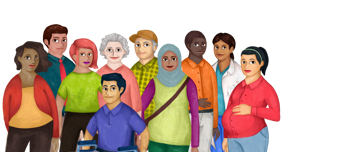
Last month, NIH Director Dr. Monica Bertagnolli testified about the agency’s budget before the U.S. House of Representatives Labor-HHS-Education Appropriations Subcommittee. Of the many topics covered during the hearing, one issue was top of mind—rebuilding trust in science and research. Dr. Bertagnolli highlighted the All of Us Research Program as a “worldwide treasure” positioned to do just that, with 850,000 participants nationwide who have partnered with NIH to drive discoveries and advance precision medicine.
She also acknowledged that if All of Us is faced with a continued reduction in funding, NIH would be forced to make some difficult decisions.
We remain committed to supporting our existing participants—ensuring that their samples and data are safe, secure, and accessible for research. We remain committed to returning genetic health results to those who wish to receive them. And we intend to remain a platform for partnered research studies, like Nutrition for Precision Health and others, working with collaborators at NIH and beyond.
Meanwhile, we are facing potential revisions to our other plans and priorities that may affect the following activities:
- Engaging communities historically underrepresented in biomedical research, including those living in rural America.
- Maintaining the national network of enrollment hubs that has enabled us to enroll from across all 50 states and most U.S. territories.
- Enrolling children to facilitate breakthroughs in child health, including rare diseases, and advance research across the lifespan.
- Conducting longitudinal reassessment critical for understanding preventable and chronic health conditions.
- Releasing new data for research and discovery.
Dividends from past investment
Our progress to date has proven what’s possible with robust support. Foundational investments over our first eight years have yielded results on multiple fronts, but here I’ll focus on just two:
Health discoveries
All of Us was designed to accelerate science, and the program is delivering. New publications derived from All of Us data are coming out every day, offering new insights to improve prevention, screening, and health outcomes.
For example, researchers using All of Us data have discovered more than 275 million previously unreported genetic variants, providing researchers new pathways to better understand the genetic influences on health and disease. All of Us researchers have improved precision medicine for certain cancer treatments, optimized genetic tests to more accurately predict disease risk for 10 health conditions, and identified different health problems linked to subtypes of type 2 diabetes.
Beyond enabling advances in genetics, All of Us data is helping researchers speed up the search for promising medicines for Alzheimer’s disease, better predict hospital readmission for patients with sepsis, and improve prediction of glaucoma progression, enabling more precise approaches to care.
Cost efficiencies
Just as notable as the scientific output enabled by All of Us is the way the program is changing research. In short order, All of Us has established itself as critical infrastructure in the scientific ecosystem, making health research faster and cheaper.
Through our centralized data platform, the Researcher Workbench, researchers can readily access vast streams of data from a large and diverse participant cohort. We are successfully collecting and standardizing fragmented clinical information from more than 60 health care systems, and combining that with whole genome sequencing data, survey responses, wearable sensor data, and much more to enable research across a range of diseases and conditions. This saves research teams the effort and expense of building separate cohorts and collecting and curating data on their own. And, it makes it easier for researchers to examine the complex interplay of factors that affect the health of our communities.
Researchers have flocked to the All of Us resource. More than 14,000 researchers have registered for access so far, from over 1,000 institutions. With our innovative data access model, the median time from initial registration to data access is just 29 hours, compared to the months it typically takes researchers to gain data access through other programs.
The savings to their institutions are immense. If every registered institution were to store the amount of data that All of Us has gathered, costs would exceed $2 billion total. That’s money that could otherwise be spent on life-saving research. But with our cloud-based infrastructure, All of Us covers those storage costs centrally—at about $2.8 million a year. As more researchers gain access to the All of Us dataset over time, its value will only grow.
The Mission Continues
This is just a small sampling of our impact, which has positioned All of Us as an innovator and U.S. leader in the global scientific enterprise. These are the crucial efforts we must continue.
To all of our partners, participants, and champions: thank you for being part of the All of Us journey and helping to build this valuable resource. Our work is not done. With your ongoing partnership, we look ahead with hope, dedicated as ever to our goal—a healthier future for all.
Learn more: For more on the All of Us budget, please see “How is All of Us funded?” in our Program Overview.
